
How To Extend the Life of Your Water Heater
TL;DR: Extend the life of your water heater with proper care. Regularly flush the tank to remove sediment, check and replace the anode rod, inspect the pressure relief valve, and insulate the tank and pipes. Set the temperature to 120°F and avoid overloading the system. Check for leaks and listen for unusual noises. Schedule annual professional inspections to maintain efficiency and address minor issues early. For expert water heater maintenance in Phoenix, AZ, contact Arizona Integrity Plumbing. Keep your hot water flowing smoothly and avoid unexpected breakdowns. Call today!
Hot water is a necessity these days, allowing us to take relaxing showers and wash dishes by hand. Given how often the average person needs hot water, the water heater is an appliance we rely on every day, and we certainly don’t want it to break down anytime soon.
A water heater typically lasts around 10 years, but proper care can significantly extend its lifespan. In this article, we’ll provide several practical tips on how to extend the life of your water heater so that it can serve you without issues well into the future.
Flushing the Tank
Flushing your water heater tank means draining the water to remove the accumulated sediment buildup. This buildup can reduce efficiency and cause the unit to overheat, potentially leading to damage.
Try to flush your tank at least once a year, though households with hard water might need to do it more frequently. To successfully flush the tank, you must:
- Switch off the water heater power
- Shut down the water supply
- Connect the drain valve to a hose
- Move the hose to a place where it can drain out
- Completely drain water from the tank
- Close the valve and carefully disconnect the hose
- Turn the water supply back on
- Switch the water heater back to its previous settings
Checking the Anode Rod
The anode rod prevents corrosion by attracting minerals and impurities that would otherwise damage the tank’s interior. To see if the rod is working correctly, check the anode rod at least once a year. Signs of a worn-out anode rod include:
- Visible corrosion
- A slimy texture
- A rod that is smaller than normal
To inspect it, turn off the water heater and let it cool. The anode rod is usually located on the top of the unit, and you can remove it using a wrench. If the rod looks corroded or is less than half an inch thick, replace it with a new one. Reinstall the rod and turn the water heater back on.
Inspecting the Pressure Relief Valve
The pressure relief valve serves as a safety mechanism preventing pressure from building up in the water heater. A malfunctioning valve can lead to significant issues, including potential water heater damage or even explosions.
You should check the pressure relief valve at least once a year. To test it, lift the valve lever to release water. The water must flow freely and stop when you release it. If you notice any irregularities, such as water not flowing or continuing to flow after the lever is released, replace the valve immediately.
Insulating the Tank and Pipes
Maintaining the water’s temperature for longer reduces the energy required to reheat it, leading to lower utility bills. Insulation also helps extend the life of your water heater by minimizing the frequency of temperature fluctuations, which can cause wear and tear on the system.
To get started, you will need a water heater blanket for the tank and pipe insulation sleeves for the pipes. To insulate the tank:
- Wrap the blanket around the tank
- Secure it with tape or straps
- Cut out spaces for controls and valves
To insulate the first few feet of the pipes leaving the heater:
- Slip the insulation sleeves over the pipes
- Secure them with tape
Adjusting the Temperature
Setting your water heater to the recommended setting of 120°F can significantly extend its service life. Keeping the temperature at this level helps reduce the accumulation of mineral deposits and sediment inside the tank, which can cause corrosion and decrease efficiency.
Lowering the temperature also prevents the risk of overheating, which can put extra strain on the heating elements and other components. Setting the temperature too high can lead to higher energy bills, as your water heater uses more electricity to maintain an unnecessarily high temperature.
Avoiding Overloading the System
To extend the life of your water heater, it’s important to avoid overloading the system. One effective method is to stagger your hot water usage. For example, avoid running the washing machine, dishwasher, and multiple showers simultaneously.
This practice helps maintain a consistent demand on the heater, preventing it from working too hard and wearing out prematurely. If you and your family use a lot of hot water daily, consider investing in a larger or secondary unit. This way, you distribute the load more evenly and reduce the strain on a single heater.
Checking for Leaks
Leaks can cause significant damage, leading to rust and corrosion, which can shorten the unit’s lifespan. Common signs of leaks include:
- Puddles around the bottom of the water heater
- Decrease in water pressure
- Unusual increase in your water bill
Check for leaks regularly, at least once every three months. Inspect all visible pipes and connections, and pay close attention to any moisture or dripping. Detecting leaks early means you have time to repair them and prevent them from causing more severe issues. Also, consider checking the pressure relief valve and the space near the tank for indications of leaking.
Listening for Unusual Noises
There are some common noises you must be wary of, including the following:
- Popping noises usually mean sediment buildup, which results in inefficiency and overheating.
- Rumbling sounds often signal a similar issue, where sediment has hardened, causing the water to boil beneath it.
- Hissing noises usually indicate a leak, where water escapes and hits the hot elements, creating steam.
If the water heater keeps making noises, it might be time to call a repair service to check for other issues, such as a failing heating element or internal corrosion.
Inspections by Experts
Scheduling professional inspections for your water heater can significantly prolong its lifespan. Experts say a water heater needs annual inspection and maintenance. During these inspections, a technician will check for problems such as corrosion, leaks, and the wrong temperature settings.
Identifying and addressing minor problems early makes it easier to avoid more severe damage that could lead to expensive repairs. Moreover, routine inspections help maintain the heater’s efficiency. Regular inspections by an expert increase the life of your water heater and contribute to energy savings, as well as ensure that your household always has access to hot water.
Always Have Available Hot Water
These are just a few simple tips you can follow to extend the life of your water heater. Small tasks like flushing out sediment from the tank and regularly replacing the anode rod can significantly increase your water heater’s efficiency and lifespan.
If you haven’t been following these tips, Arizona Integrity Plumbing in Phoenix, Arizona, can get you back on the right track. We offer expert inspections and repair services to keep your water heater running smoothly.
Our team is known for professional, courteous service and without disturbing your day-to-day life. With transparent pricing and free, no-obligation quotes, we are a reliable choice for keeping your water heater in good working order.
Never be shocked by cold water. Call us today!




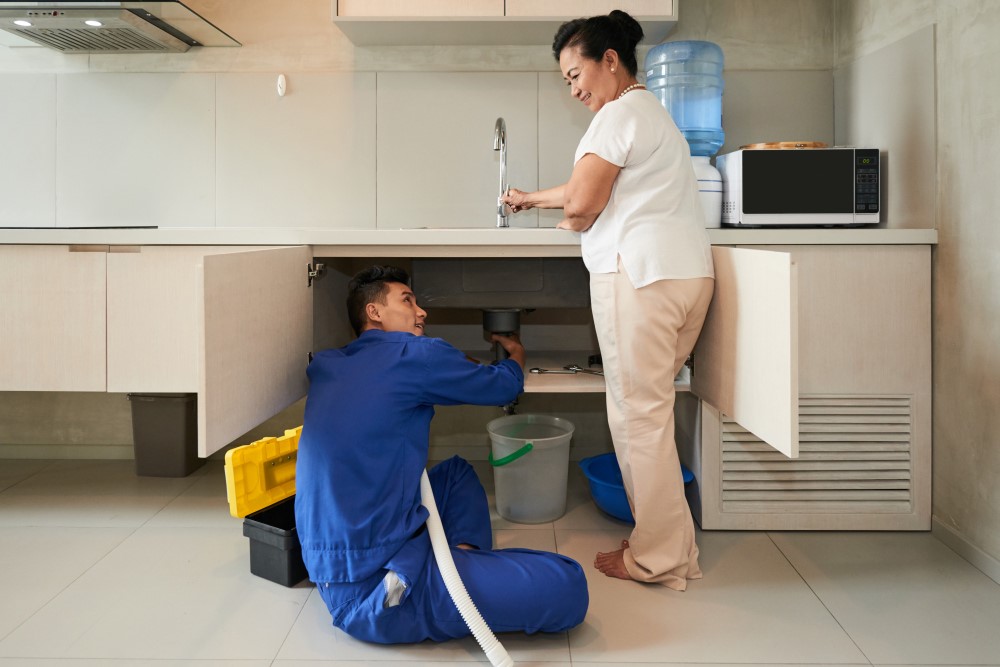
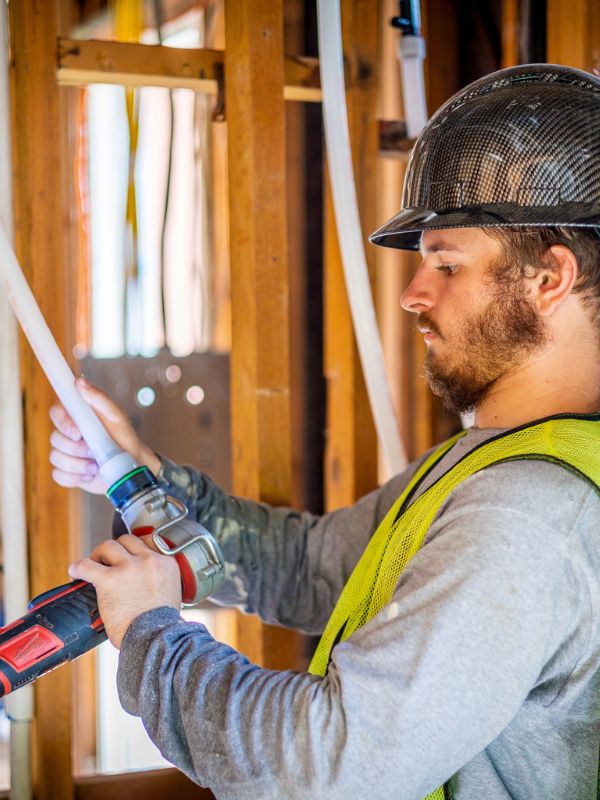
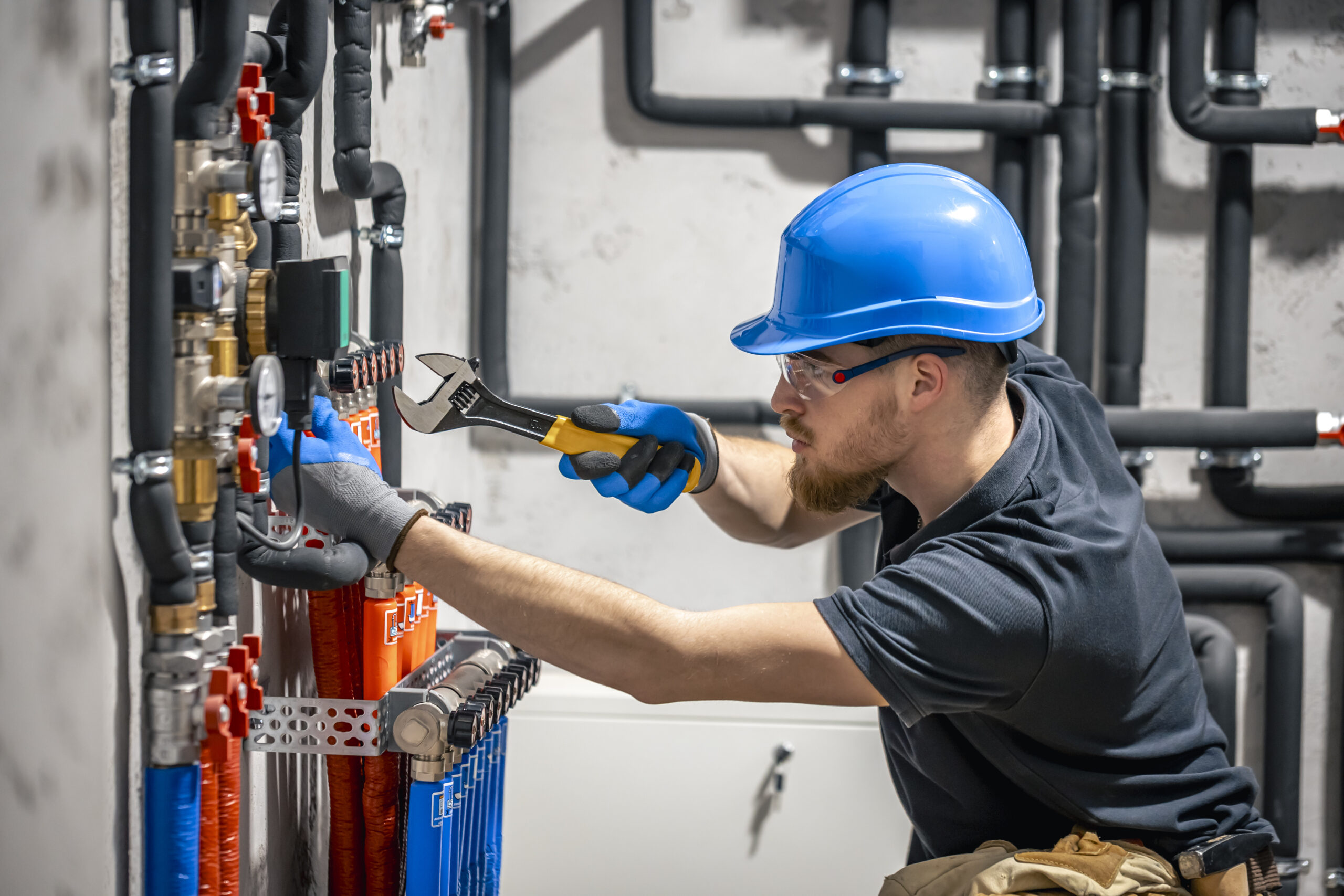

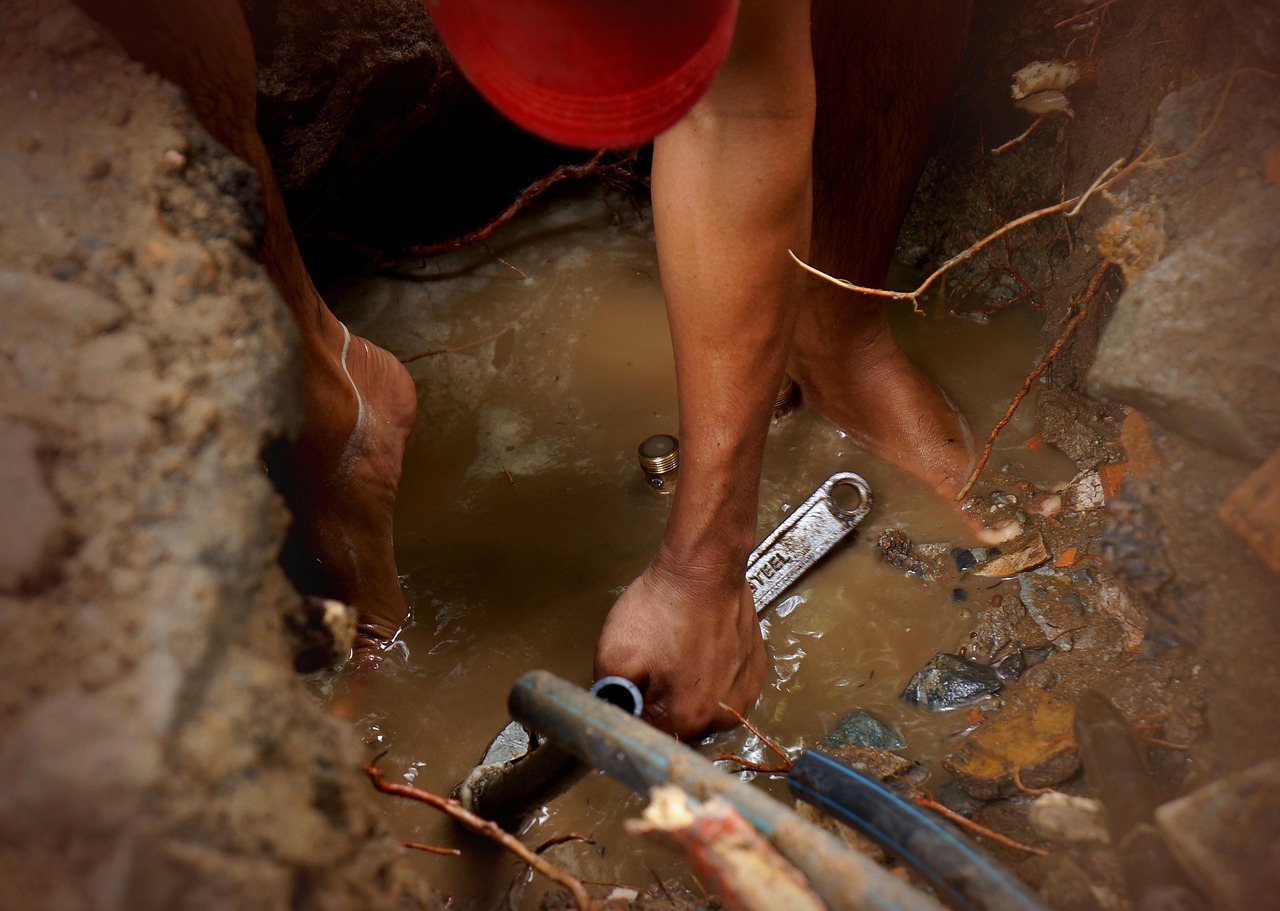
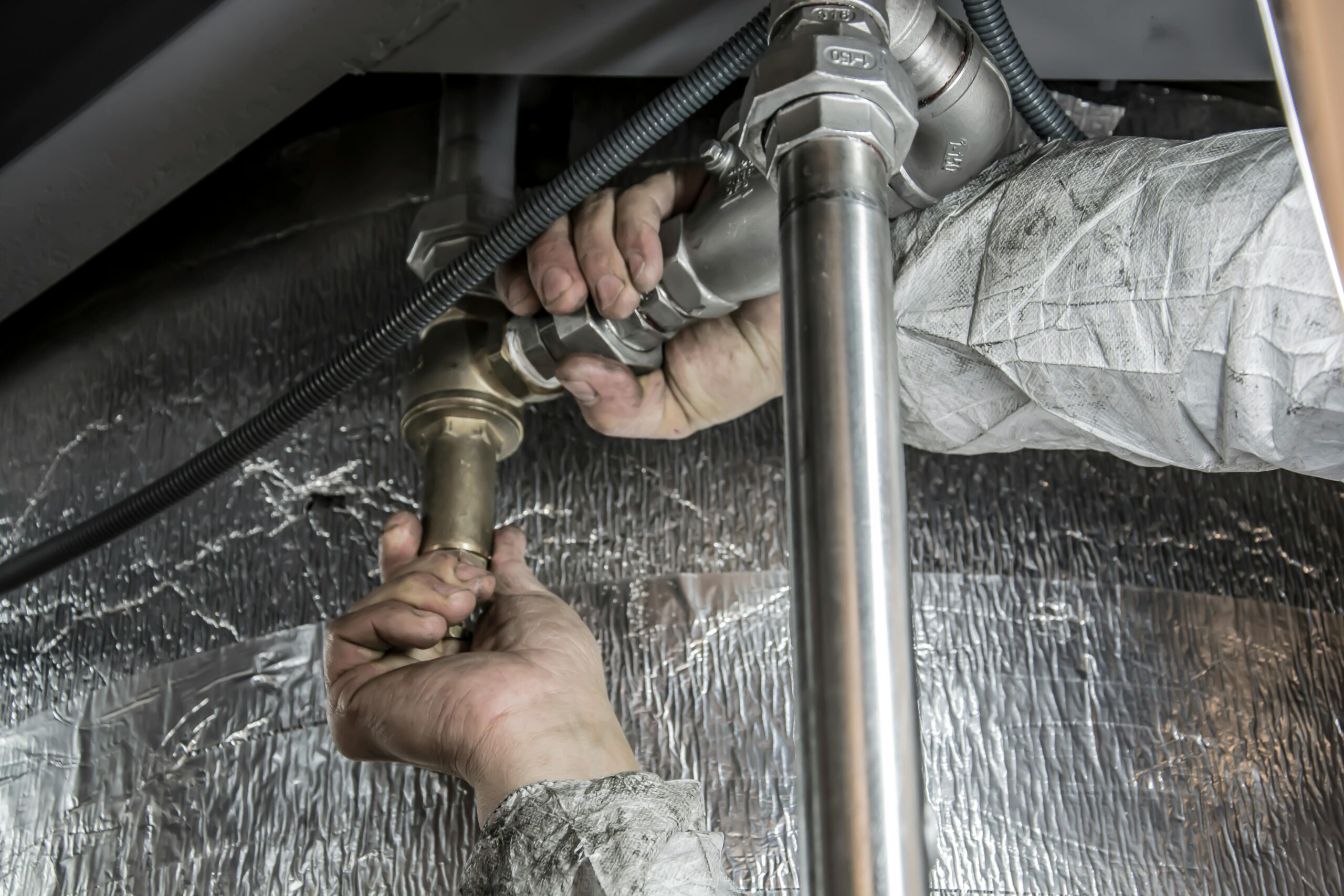
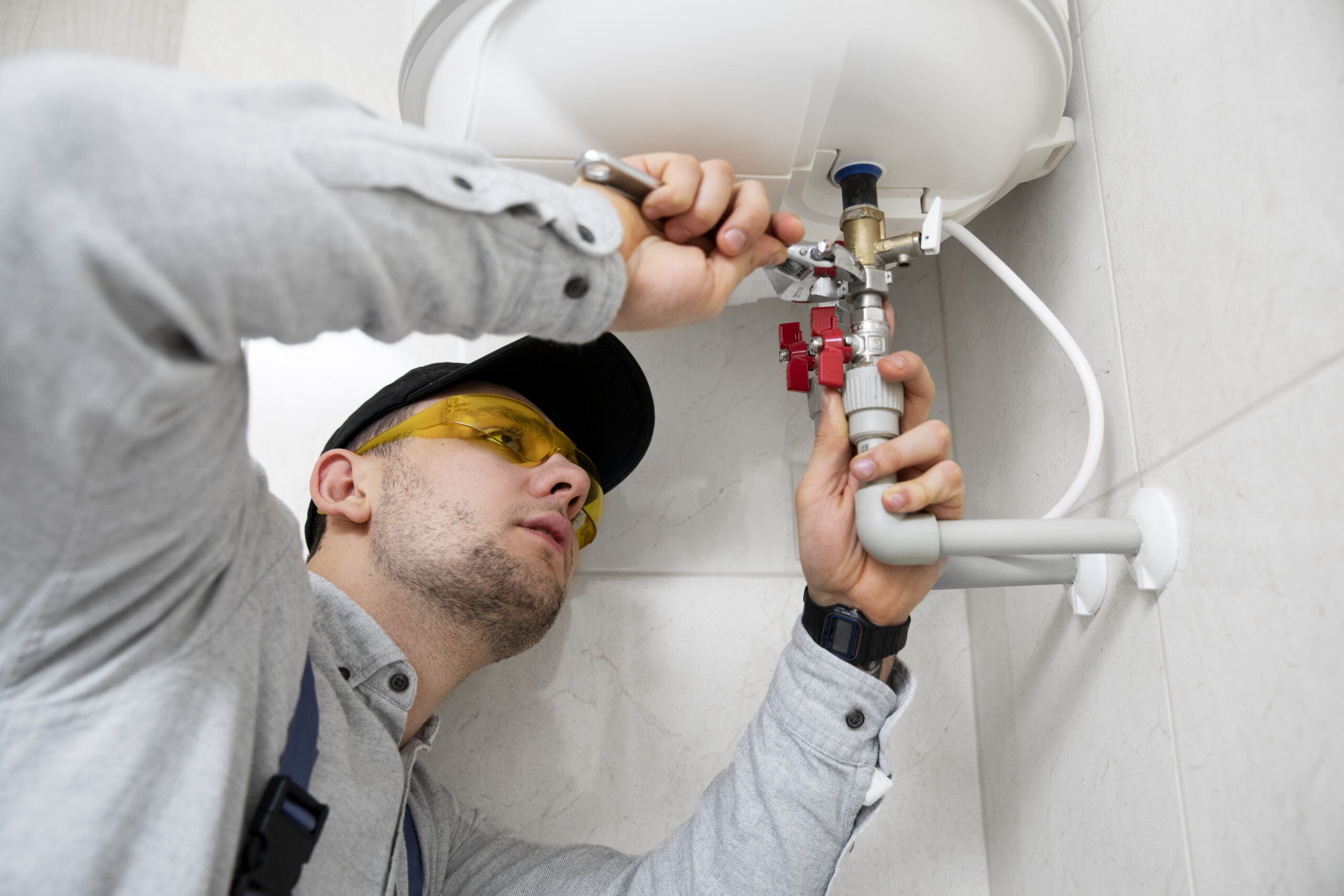
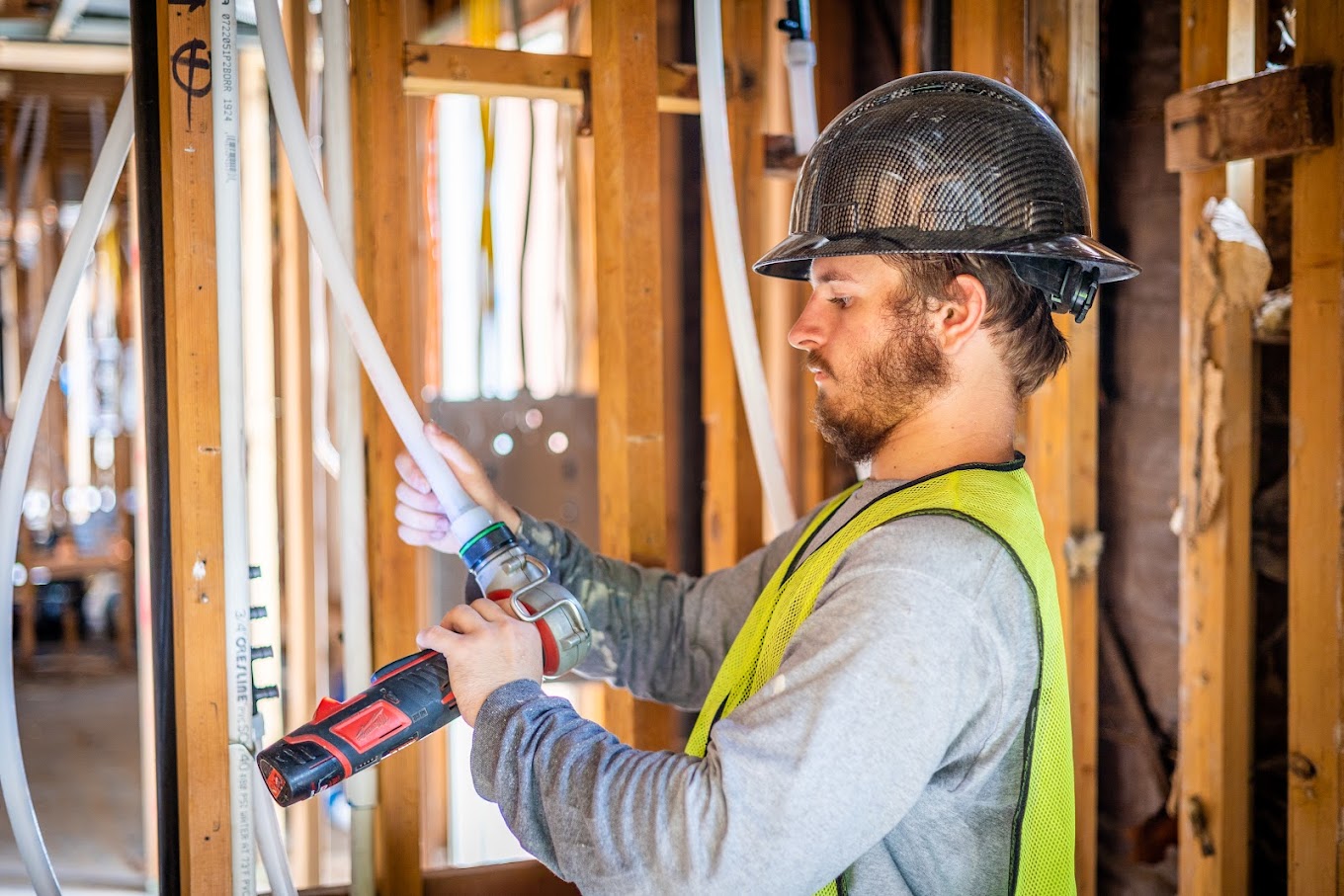
 Hi! How can i help you?
Hi! How can i help you?